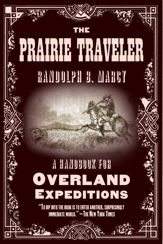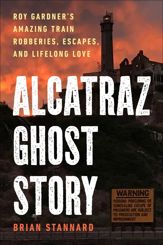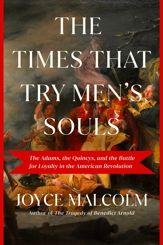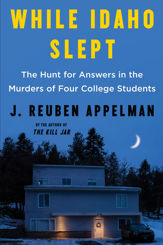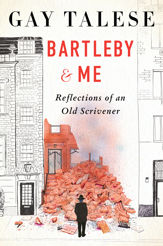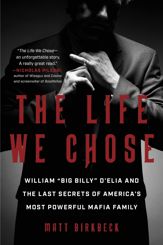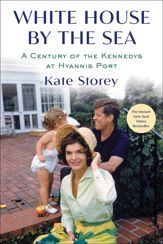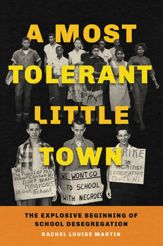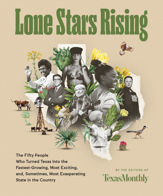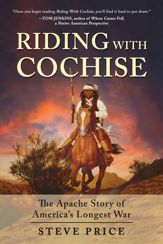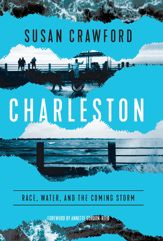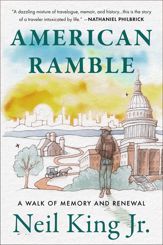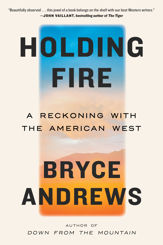“Like the mythical phoenix that rose from the ashes, the town of Lawrence, Kansas, twice rose from the ashes of a proslavery attack in 1856 and Quantrill’s raid in 1863 to flourish as the most progressive city in the state. As the epicenter of antislavery settlers in Bleeding Kansas, Lawrence is the focus of Robert Sutton’s dramatic story of the border wars over slavery in the 1850s and 1860s.”
—James M. McPherson, author of Battle Cry of Freedom and The War that Forged a Nation
“Robert K. Sutton brilliantly brings history to life in this thoroughly researched and passionately recounted story.”
—Christian Science Monitor
“What happened in ‘Bleeding Kansas’ in the 1850s previewed the war that would follow. In Stark Mad Abolitionists, Robert Sutton tells the story with clarity and insight and carries it through the Civil War years. The result is an engaging and eye-opening examination of the struggle over slavery in Kansas and beyond.”
—Louis P. Masur, author of The Civil War: A Concise History
“In this rich study, Robert Sutton tells the engrossing but agonizing story of a radical antislavery Kansas community stained crimson by the bloodletting of the Civil War era. He vividly shows how Amos Adams Lawrence’s generous vision for the town nerved its people—and the wider community of the territory, and then state – throughout the mortal struggle between Union Jayhawkers and proslavery Confederate bushwhackers. Drawing on a rich vein of personal testimony, the book gives a disturbing and gripping account of the siege of Lawrence in May 1856 and Quantrill’s brutal raid of August 1863—surely nothing less than a holocaust—while also celebrating the town’s post-war recovery to become, as its founder wished, a centre for progressive values and a liberal education. Warmly recommended.”
—Richard Carwardine, president emeritus of Corpus Christi College, Oxford University, and the winner of the Gilder Lehrman Lincoln Prize for Lincoln
“Robert K. Sutton’s Stark Mad Abolitionists offers more than just another retelling of the often violent, and even vicious, struggle along the Kansas-Missouri border during the decade between the mid-1850s and the end of the Civil War. With rich detail on Lawrence, Kansas—the center of antislavery settlement and influence—and its inhabitants, Sutton vividly recreates events and people. Anyone desiring to absorb this tumultuous period along with the men and women who lived and died through it will want to read Stark Mad Abolitionists.”
—William Cooper, author of We Have the War Upon Us: The Onset of the Civil War, November 1860–April 1861
“Robert Sutton does a superb job of showing how Amos Lawrence and other wealthy, idealistic, Eastern elites helped spark America's first “Civil War”—that in ‘Bloody Kansas.’ A remarkable and important book.”
—Edward Renehan, author of The Secret Six: The True Tale of the Men Who Conspired with John Brown
“Lawrence, Kansas, was the crucible of politics in the 1850s. It was astonishing how one small town brought together all the forces at play as the country hurtled toward war. Robert Sutton’s fine book captures the narrative of the town that becomes in turn the story of America.”
—Charles B. Strozier, author of Your Friend Forever, A. Lincoln: The Enduring Friendship of Abraham Lincoln and Joshua Speed (a finalist for the Lincoln Prize)
“Every page of Robert Sutton’s reconstruction of the angry, violent polarization of abolitionist zealots and pro-slavery ruffians in Bleeding Kansas rings an ominous bell in our contemporary ears. But Sutton sticks to the facts and produces a precise but exciting chronicle of each blow and counterblow, each tactic and stratagem. Without a lot of melodramatic foreshadowing, he explains how high-minded men could descend, step by step, into gruesome guerrilla warfare. Sutton’s writing is always attentive to the realities of time, of distance, and of the physical, material, and sensory dimension of the events he’s narrating. Much more than a portrait of a single town, this reads like the transcript of last night’s television news.”
—Dr. Richard Rabinowitz, president of American History Workshop and author of Curating America: Journeys through Storyscapes of the American Past
“Between 1854 and 1861, the fate of slavery and free labor in the country, and perhaps even the world, seemed to turn upon the struggle for control of the territory of Kansas. With a sensitive attention to nuance, a novelist's ability to sketch characters, and an historian's grasp of the big picture, Robert K. Sutton brings alive the struggle to build a free-labor town in Lawrence, Kansas, as a bulwark against the encroaching slavery supporters. From the careful calculations of New England financiers to the bloody battles in Lawrence, Sutton captures the ideological stakes and the personal drama. Highly recommended for anyone interested in the prelude to the Civil War and the fight over settling the West.”
—Gregory P. Downs, author of After Appomattox: Military Occupation and the Ends of War
“Stark Mad Abolitionists tells the stories of the men and women who made Lawrence, Kansas, a stronghold of abolitionism and those who tried to stop them. In vivid prose, Robert K. Sutton reveals that America's violent confrontation over slavery began well before the Civil War and demonstrates in sharp detail that Lawrence—virtually destroyed twice by pro-slavery guerrillas—was a principal site in the struggle.”
—Kate Masur, author of An Example for All the Land
“An engagingly written narrative of the free-state settlement of Lawrence, Kansas. It vividly evokes the turmoil of Bleeding Kansas and the Civil War.”
—Nicole Etcheson, author of Bleeding Kansas: Contested Liberty in the Civil War Era
“A fresh and insightful examination of “Bleeding Kansas,” perhaps the most momentous episode of the turbulent 1850s. Stark Mad Abolitionists is astonishingly well informed on legal and constitutional issues, masterful in its treatment of the era’s politics, and elegantly crafted. A good read, and one that should appeal to a large audience.”
—Douglas R. Egerton, author of Thunder at the Gates: The Black Civil War Regiments That Redeemed America
“Robert K. Sutton has taken a familiar subject, the establishment of an antislavery citadel in the Kansas Territory in the years before the Civil War, and has infused it with a wealth of new detail and a dramatic pulse that makes the book hard to put down. In polished prose, the author reacquaints us with Amos Lawrence and the strivings, struggles, and successes of the emigrant aid company he helped found. It is a story that remains relevant in a modern-day America confronting its own set of political, cultural, and racial challenges.”
—Edward Longacre, author of The Cavalry at Gettysburg
“In Stark Mad Abolitionists, author Robert K. Sutton takes us inside the movement to establish Kansas as a free state amid acrimonious Congressional debates over the fate of slavery in the western territories. Readers will appreciate his focus on the movement’s lesser-known pioneers—men and women whose anti-slavery zeal drove them to pack wagons, head west, and erect cabins in preparation for the bitter struggle that came to be called ‘Bleeding Kansas.’ With precision and balance, Sutton illuminates the issues and emotions that lit Kansas on fire and anticipated the American Civil War.”
—Victoria E. Bynum, author of The Free State of Jones
“Kansas, and slavery, cast a long shadow over the future of America in the 1850s. The abuses of slavery turned one man, Amos Adams Lawrence, into a ‘stark made abolitionist’; it made many others into emigrants to Kansas, which they hoped to settle as a firewall against slavery's farther expansion. Instead, Kansas would be turned into a prelude to our Civil War, moving in a swift arc from moral conviction to political organization to armed violence. Robert K. Sutton’s account of this conflict is a searing tale, told in popular and well-informed style, from the first Kansas territorial legislation through the Civil War.”
—Allen C. Guelzo, author of Gettysburg and Fateful Lightning
“Robert K. Sutton’s Stark Mad Abolitionists tells the gripping and tragic story of Lawrence, Kansas, in the years before and during the Civil War. Few towns in America was visited more by terror and death than this center of abolition west of the Mississippi River. Sutton captures all of the darkness in compelling detail and fresh analysis.”
—Jeffry D. Wert, author of A Glorious Army: Robert E. Lee's Triumph, 1862–1863
Description
A town at the center of the United States becomes the site of an ongoing struggle for freedom and equality.
In May, 1854, Massachusetts was in an uproar. A judge, bound by the Fugitive Slave Law of 1850, had just ordered a young African American man who had escaped from slavery in Virginia and settled in Boston to be returned to bondage in the South. An estimated fifty thousand citizens rioted in protest. Observing the scene was Amos Adams Lawrence, a wealthy Bostonian, who “waked up a stark mad Abolitionist.” As quickly as Lawrence waked up, he combined his fortune and his energy with others to create the New England Emigrant Aid Company to encourage abolitionists to emigrate to Kansas to ensure that it would be a free state.
The town that came to bear Lawrence’s name became the battleground for the soul of America, with abolitionists battling pro-slavery Missourians who were determined to make Kansas a slave state. The onset of the Civil War only escalated the violence, leading to the infamous raid of William Clarke Quantrill when he led a band of vicious Confederates (including Frank James, whose brother Jesse would soon join them) into town and killed two hundred men and boys.
Stark Mad Abolitionists shows how John Brown, Reverend Henry Ward Beecher, Sam Houston, and Abraham Lincoln all figure into the story of Lawrence and “Bleeding Kansas.” The story of Amos Lawrence’s eponymous town is part of a bigger story of people who were willing to risk their lives and their fortunes in the ongoing struggle for freedom and equality.
Reviews
“Like the mythical phoenix that rose from the ashes, the town of Lawrence, Kansas, twice rose from the ashes of a proslavery attack in 1856 and Quantrill’s raid in 1863 to flourish as the most progressive city in the state. As the epicenter of antislavery settlers in Bleeding Kansas, Lawrence is the focus of Robert Sutton’s dramatic story of the border wars over slavery in the 1850s and 1860s.”
—James M. McPherson, author of Battle Cry of Freedom and The War that Forged a Nation
“Robert K. Sutton brilliantly brings history to life in this thoroughly researched and passionately recounted story.”
—Christian Science Monitor
“What happened in ‘Bleeding Kansas’ in the 1850s previewed the war that would follow. In Stark Mad Abolitionists, Robert Sutton tells the story with clarity and insight and carries it through the Civil War years. The result is an engaging and eye-opening examination of the struggle over slavery in Kansas and beyond.”
—Louis P. Masur, author of The Civil War: A Concise History
“In this rich study, Robert Sutton tells the engrossing but agonizing story of a radical antislavery Kansas community stained crimson by the bloodletting of the Civil War era. He vividly shows how Amos Adams Lawrence’s generous vision for the town nerved its people—and the wider community of the territory, and then state – throughout the mortal struggle between Union Jayhawkers and proslavery Confederate bushwhackers. Drawing on a rich vein of personal testimony, the book gives a disturbing and gripping account of the siege of Lawrence in May 1856 and Quantrill’s brutal raid of August 1863—surely nothing less than a holocaust—while also celebrating the town’s post-war recovery to become, as its founder wished, a centre for progressive values and a liberal education. Warmly recommended.”
—Richard Carwardine, president emeritus of Corpus Christi College, Oxford University, and the winner of the Gilder Lehrman Lincoln Prize for Lincoln
“Robert K. Sutton’s Stark Mad Abolitionists offers more than just another retelling of the often violent, and even vicious, struggle along the Kansas-Missouri border during the decade between the mid-1850s and the end of the Civil War. With rich detail on Lawrence, Kansas—the center of antislavery settlement and influence—and its inhabitants, Sutton vividly recreates events and people. Anyone desiring to absorb this tumultuous period along with the men and women who lived and died through it will want to read Stark Mad Abolitionists.”
—William Cooper, author of We Have the War Upon Us: The Onset of the Civil War, November 1860–April 1861
“Robert Sutton does a superb job of showing how Amos Lawrence and other wealthy, idealistic, Eastern elites helped spark America's first “Civil War”—that in ‘Bloody Kansas.’ A remarkable and important book.”
—Edward Renehan, author of The Secret Six: The True Tale of the Men Who Conspired with John Brown
“Lawrence, Kansas, was the crucible of politics in the 1850s. It was astonishing how one small town brought together all the forces at play as the country hurtled toward war. Robert Sutton’s fine book captures the narrative of the town that becomes in turn the story of America.”
—Charles B. Strozier, author of Your Friend Forever, A. Lincoln: The Enduring Friendship of Abraham Lincoln and Joshua Speed (a finalist for the Lincoln Prize)
“Every page of Robert Sutton’s reconstruction of the angry, violent polarization of abolitionist zealots and pro-slavery ruffians in Bleeding Kansas rings an ominous bell in our contemporary ears. But Sutton sticks to the facts and produces a precise but exciting chronicle of each blow and counterblow, each tactic and stratagem. Without a lot of melodramatic foreshadowing, he explains how high-minded men could descend, step by step, into gruesome guerrilla warfare. Sutton’s writing is always attentive to the realities of time, of distance, and of the physical, material, and sensory dimension of the events he’s narrating. Much more than a portrait of a single town, this reads like the transcript of last night’s television news.”
—Dr. Richard Rabinowitz, president of American History Workshop and author of Curating America: Journeys through Storyscapes of the American Past
“Between 1854 and 1861, the fate of slavery and free labor in the country, and perhaps even the world, seemed to turn upon the struggle for control of the territory of Kansas. With a sensitive attention to nuance, a novelist's ability to sketch characters, and an historian's grasp of the big picture, Robert K. Sutton brings alive the struggle to build a free-labor town in Lawrence, Kansas, as a bulwark against the encroaching slavery supporters. From the careful calculations of New England financiers to the bloody battles in Lawrence, Sutton captures the ideological stakes and the personal drama. Highly recommended for anyone interested in the prelude to the Civil War and the fight over settling the West.”
—Gregory P. Downs, author of After Appomattox: Military Occupation and the Ends of War
“Stark Mad Abolitionists tells the stories of the men and women who made Lawrence, Kansas, a stronghold of abolitionism and those who tried to stop them. In vivid prose, Robert K. Sutton reveals that America's violent confrontation over slavery began well before the Civil War and demonstrates in sharp detail that Lawrence—virtually destroyed twice by pro-slavery guerrillas—was a principal site in the struggle.”
—Kate Masur, author of An Example for All the Land
“An engagingly written narrative of the free-state settlement of Lawrence, Kansas. It vividly evokes the turmoil of Bleeding Kansas and the Civil War.”
—Nicole Etcheson, author of Bleeding Kansas: Contested Liberty in the Civil War Era
“A fresh and insightful examination of “Bleeding Kansas,” perhaps the most momentous episode of the turbulent 1850s. Stark Mad Abolitionists is astonishingly well informed on legal and constitutional issues, masterful in its treatment of the era’s politics, and elegantly crafted. A good read, and one that should appeal to a large audience.”
—Douglas R. Egerton, author of Thunder at the Gates: The Black Civil War Regiments That Redeemed America
“Robert K. Sutton has taken a familiar subject, the establishment of an antislavery citadel in the Kansas Territory in the years before the Civil War, and has infused it with a wealth of new detail and a dramatic pulse that makes the book hard to put down. In polished prose, the author reacquaints us with Amos Lawrence and the strivings, struggles, and successes of the emigrant aid company he helped found. It is a story that remains relevant in a modern-day America confronting its own set of political, cultural, and racial challenges.”
—Edward Longacre, author of The Cavalry at Gettysburg
“In Stark Mad Abolitionists, author Robert K. Sutton takes us inside the movement to establish Kansas as a free state amid acrimonious Congressional debates over the fate of slavery in the western territories. Readers will appreciate his focus on the movement’s lesser-known pioneers—men and women whose anti-slavery zeal drove them to pack wagons, head west, and erect cabins in preparation for the bitter struggle that came to be called ‘Bleeding Kansas.’ With precision and balance, Sutton illuminates the issues and emotions that lit Kansas on fire and anticipated the American Civil War.”
—Victoria E. Bynum, author of The Free State of Jones
“Kansas, and slavery, cast a long shadow over the future of America in the 1850s. The abuses of slavery turned one man, Amos Adams Lawrence, into a ‘stark made abolitionist’; it made many others into emigrants to Kansas, which they hoped to settle as a firewall against slavery's farther expansion. Instead, Kansas would be turned into a prelude to our Civil War, moving in a swift arc from moral conviction to political organization to armed violence. Robert K. Sutton’s account of this conflict is a searing tale, told in popular and well-informed style, from the first Kansas territorial legislation through the Civil War.”
—Allen C. Guelzo, author of Gettysburg and Fateful Lightning
“Robert K. Sutton’s Stark Mad Abolitionists tells the gripping and tragic story of Lawrence, Kansas, in the years before and during the Civil War. Few towns in America was visited more by terror and death than this center of abolition west of the Mississippi River. Sutton captures all of the darkness in compelling detail and fresh analysis.”
—Jeffry D. Wert, author of A Glorious Army: Robert E. Lee's Triumph, 1862–1863
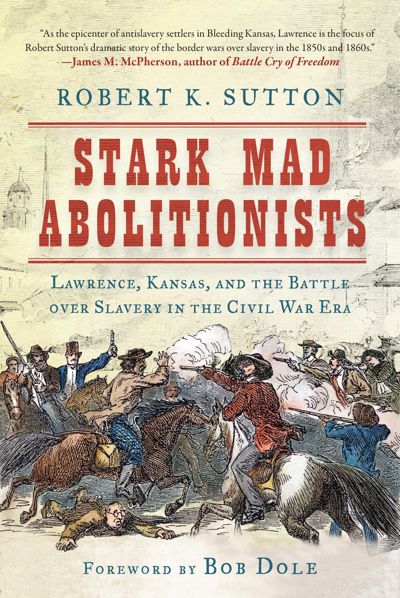
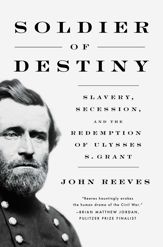
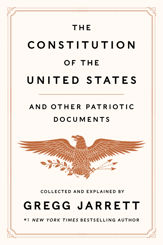
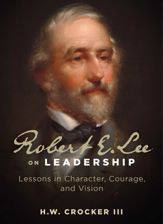
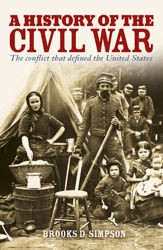
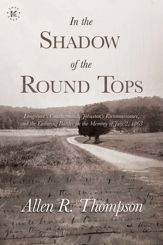
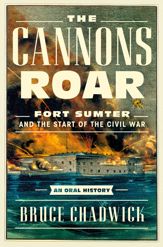
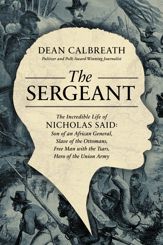
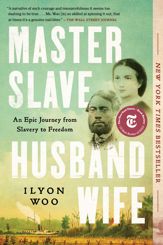

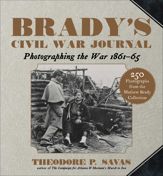
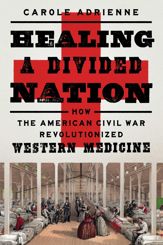
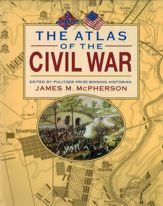
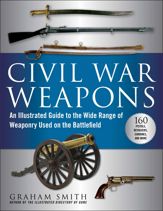
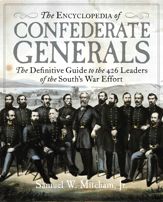
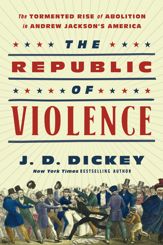
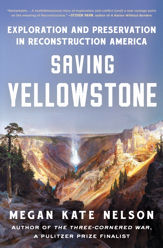
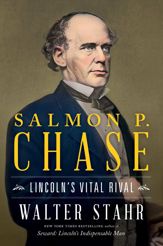
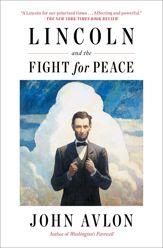
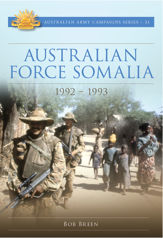
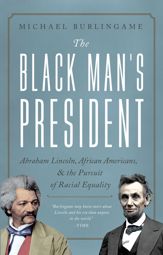
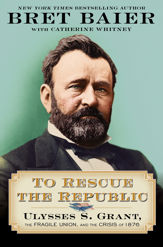


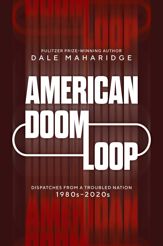
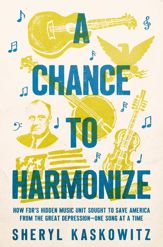

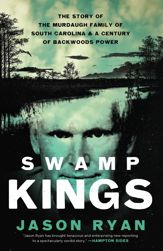
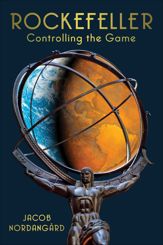
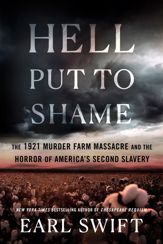
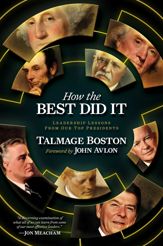
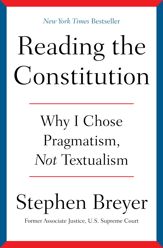

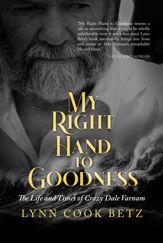
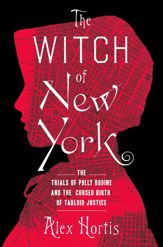


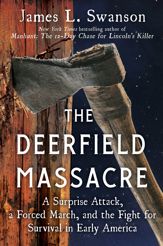
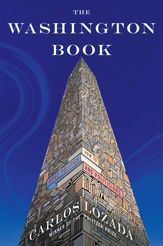

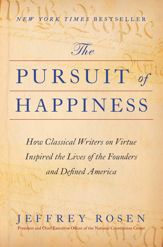
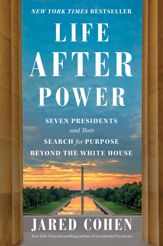
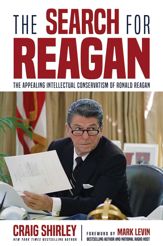

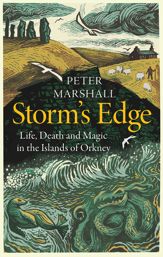
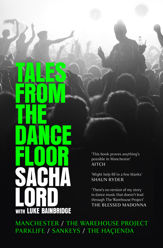
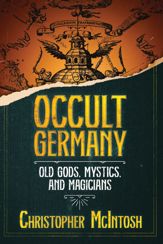
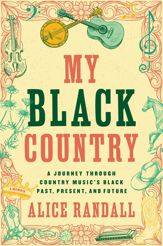

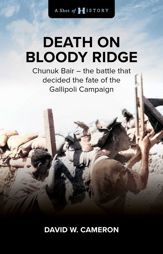

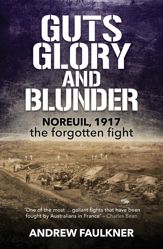
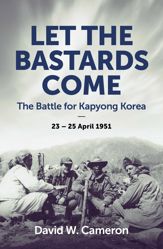
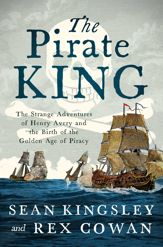
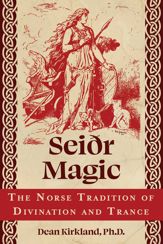
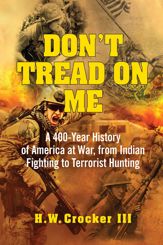
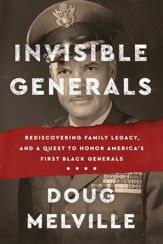

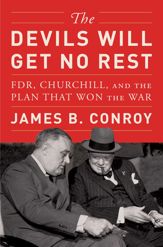
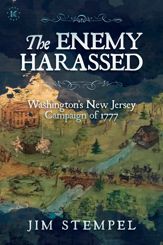
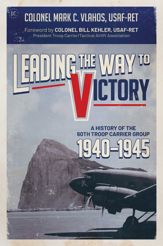
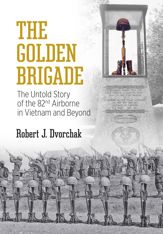
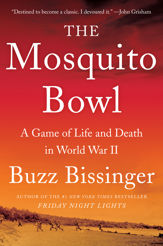
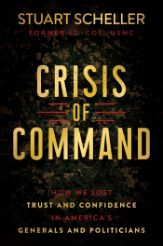
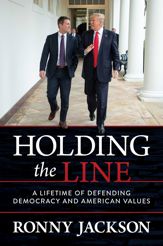

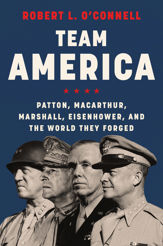

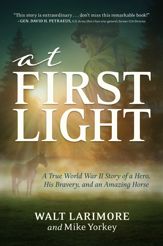

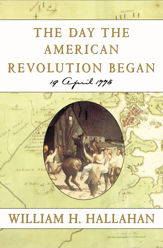
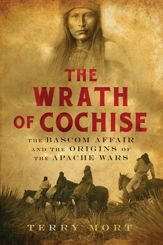
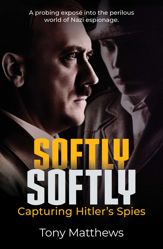

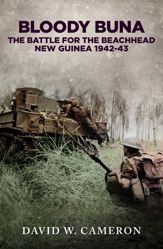
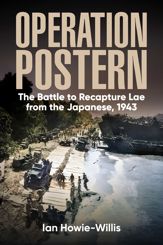

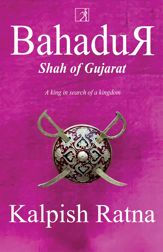


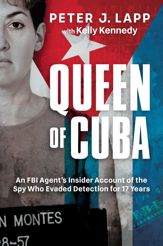

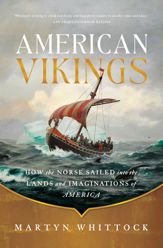
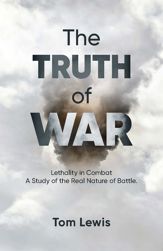


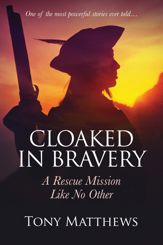

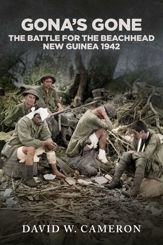
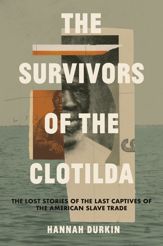
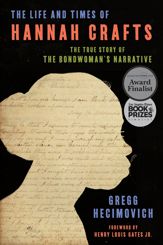
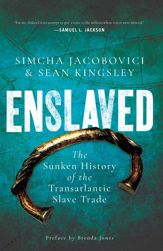
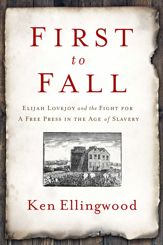
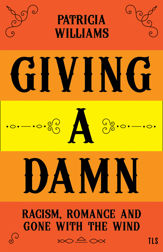

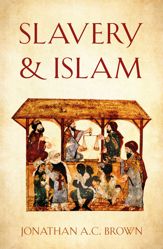
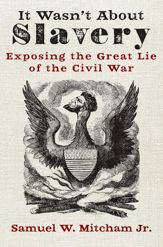
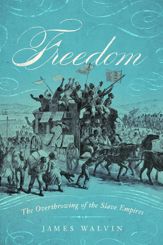
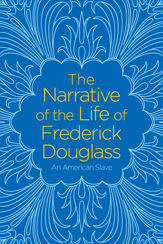
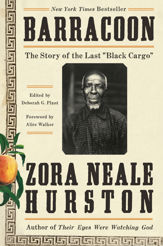
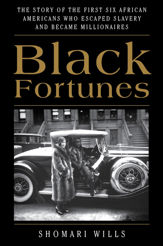
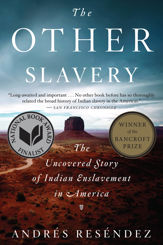

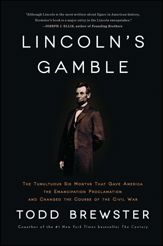
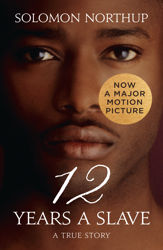
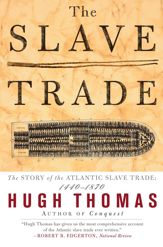
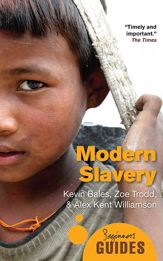
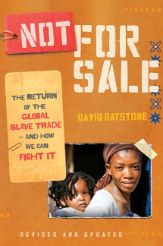
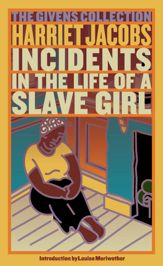



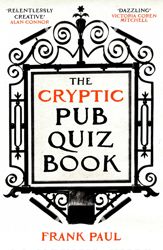


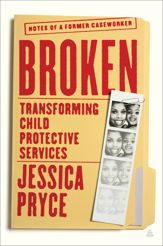

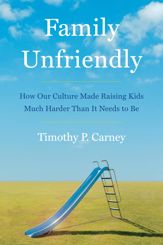

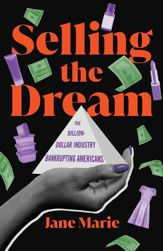

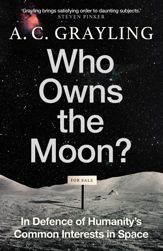


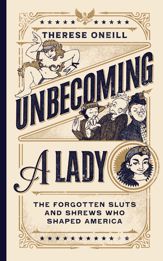

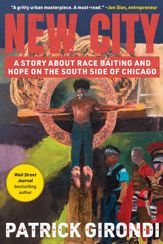
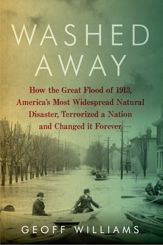

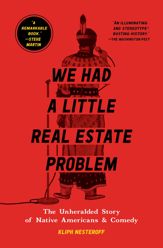
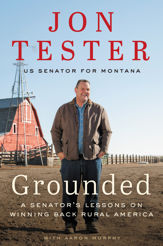
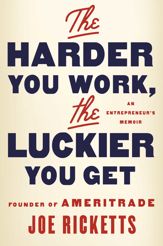
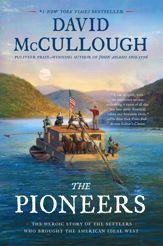
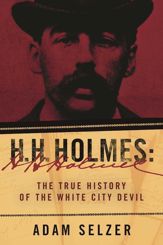
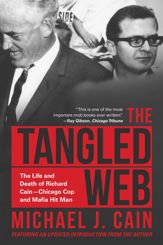
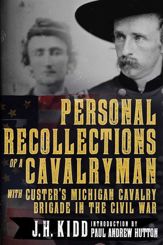
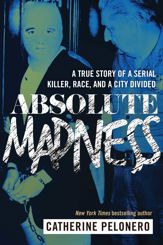
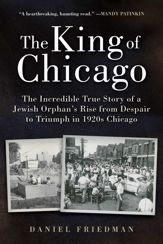
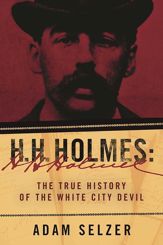
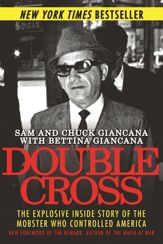
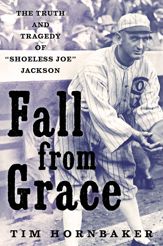

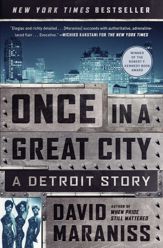
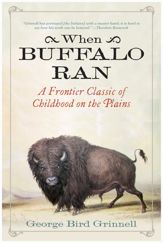
![A Short History of Reconstruction [Updated Edition] - 6 Jan 2015](https://ingress-cdn.pressreader.com/imageserver/v1/image/books/358cd001-e572-4d1d-80b1-7b9266c6f8ed?width=163)
